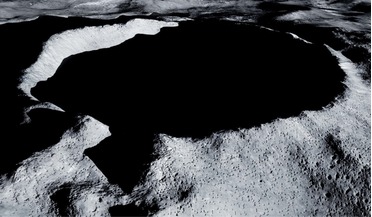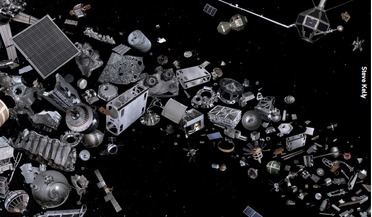 May 2020
Protecting areas of scientific importance on the Moon
May 2020
Protecting areas of scientific importance on the Moon
... would have few qualms about moving into regions of scientific importance. The present ratified treaties, most notably the Outer Space Treaty of 1967, forbid any sovereignty claims over any area of the Moon. This means that...
 February 2022
A new legal system for space
February 2022
A new legal system for space
..., got me thinking about the laws that are applicable in space. Many governments signed the UN Outer Space Treaty (OST) in 1967, but the OST only governs what governments do in space, not private companies. Five decades ago, the thought...
 March 2016
Space Mining – the Reality of Tomorrow?
March 2016
Space Mining – the Reality of Tomorrow?
... asteroid mining of small and potentially hazardous bodies would seem much more permissible under the Outer Space Treaty than efforts to establish national or private colonies on the Moon or to undertake mining operations on the Moon. Up to three...
 November 2018
Why we should not assume that war in space is ‘inevitable’
November 2018
Why we should not assume that war in space is ‘inevitable’
... the “benefit and in the interests of all countries”, as specified in the Outer Space Treaty, to which virtually all space-faring nations, including the major powers, are bound as parties. And what implications do such sentiments have ...
 January 2023
Space sustainability imperative
January 2023
Space sustainability imperative
..., it is the big spacefaring nations that are taking up all the space in space. Space cannot be locked up just by 11 launching states. The other 135 signatories to the Outer Space Treaty should also have an opportunity to benefit from that environment...
 April 2024
The promise of solar energy for sustainable development and space exploration
April 2024
The promise of solar energy for sustainable development and space exploration
... (SPS) will be developed and operated in outer space, and constitute a ‘use’ of space, they are subject to the provisions of United Nations’ space treaties, in particular the 1967 ‘Treaty on Principles Governing the Activities of States in the...